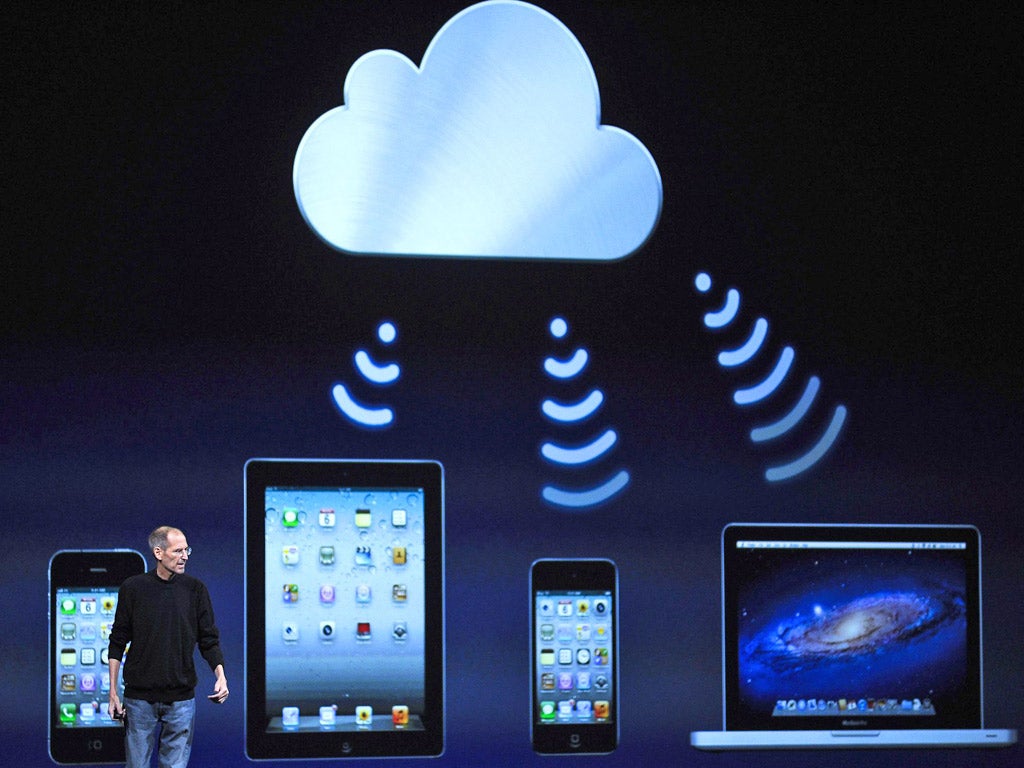iCloud phishing attacks: Apple issues new advice to users following reports of Chinese hacks
The company is telling users to check the security of the iCloud website they're logging in from - especially if the URL came from a suspicious email

Your support helps us to tell the story
From reproductive rights to climate change to Big Tech, The Independent is on the ground when the story is developing. Whether it's investigating the financials of Elon Musk's pro-Trump PAC or producing our latest documentary, 'The A Word', which shines a light on the American women fighting for reproductive rights, we know how important it is to parse out the facts from the messaging.
At such a critical moment in US history, we need reporters on the ground. Your donation allows us to keep sending journalists to speak to both sides of the story.
The Independent is trusted by Americans across the entire political spectrum. And unlike many other quality news outlets, we choose not to lock Americans out of our reporting and analysis with paywalls. We believe quality journalism should be available to everyone, paid for by those who can afford it.
Your support makes all the difference.Apple has issued another warning to its iCloud customers about hackers attempting to steal their credentials using fake websites.
This method of attack – known as phishing – tricks unsuspecting users into giving away their username and password but, as Apple is keen to point out, doesn’t involve any breaches of the company’s servers.
The new advice to users comes days after it was reported that hackers had launched a campaign of phishing attacks the day the iPhone 6 went on sale in China.
Apple, however, has only said that it is “aware of intermittent organized network attacks using insecure certificates to obtain user information” and that it takes such attacks “very seriously.”
The company advises users that when logging into iCloud via the service’s website they should check its authenticity via its digital certificate – accessible via the green lock icon that appears in the URL when using the Firefox, Chrome or Safari browsers.
It’s thought that phishing attacks were used in the ‘Celebgate’ hackings, where actors, pop stars and models including Jennifer Lawrence and Kate Upton had their accounts breached and their private photographs shared online.
After these attacks Apple made it clear that it thought the individuals themselves were at fault for practicing poor password security, but critics from the tech world said the company should do more to educate its users.
Click here to read Apple's latest advice to avoid phishing attacks
Join our commenting forum
Join thought-provoking conversations, follow other Independent readers and see their replies
Comments